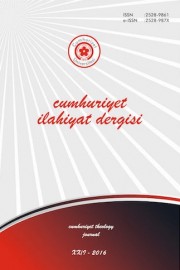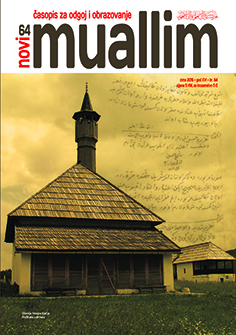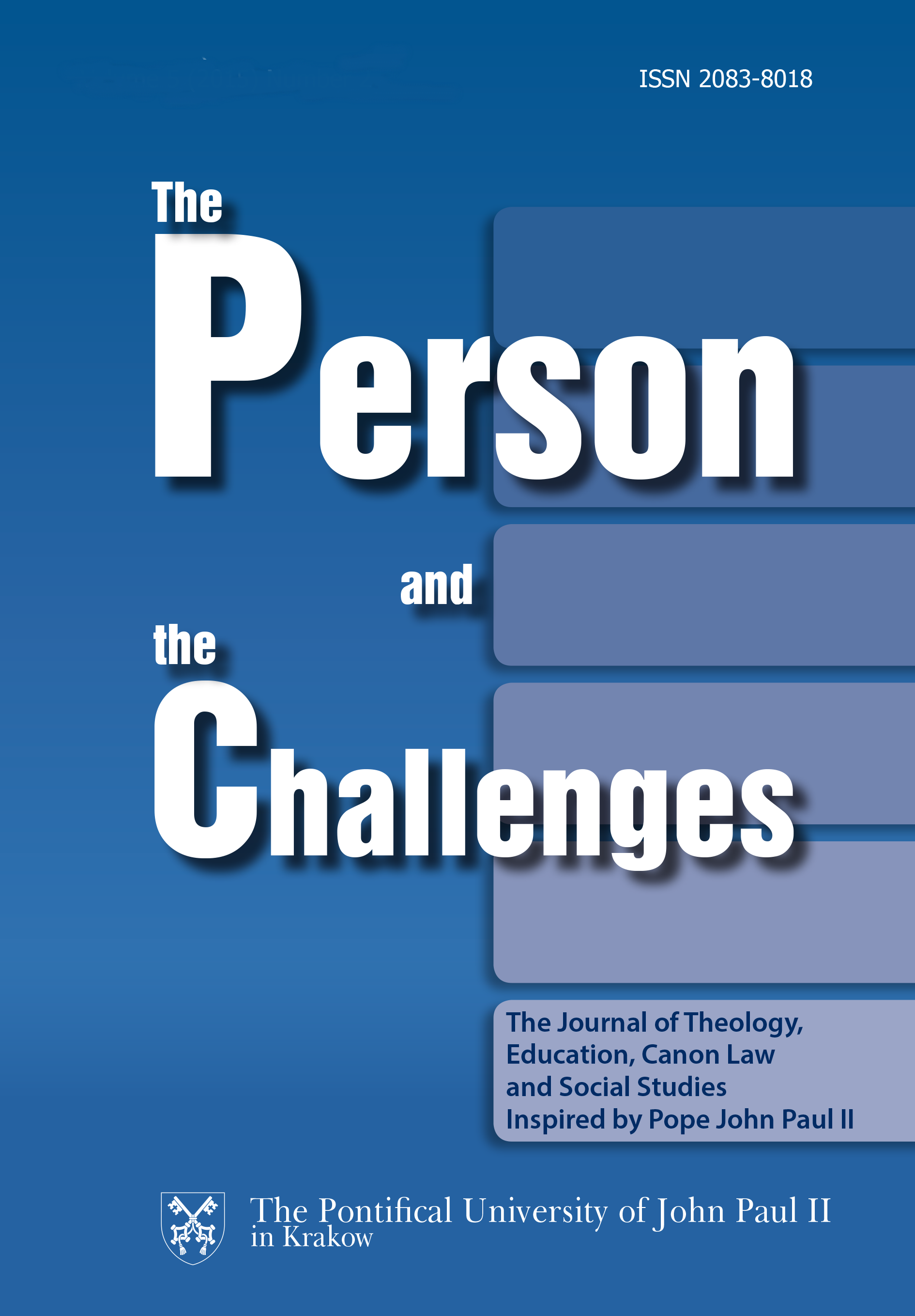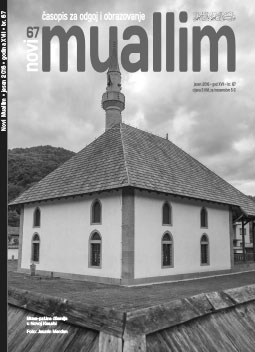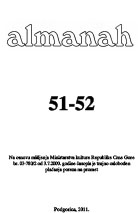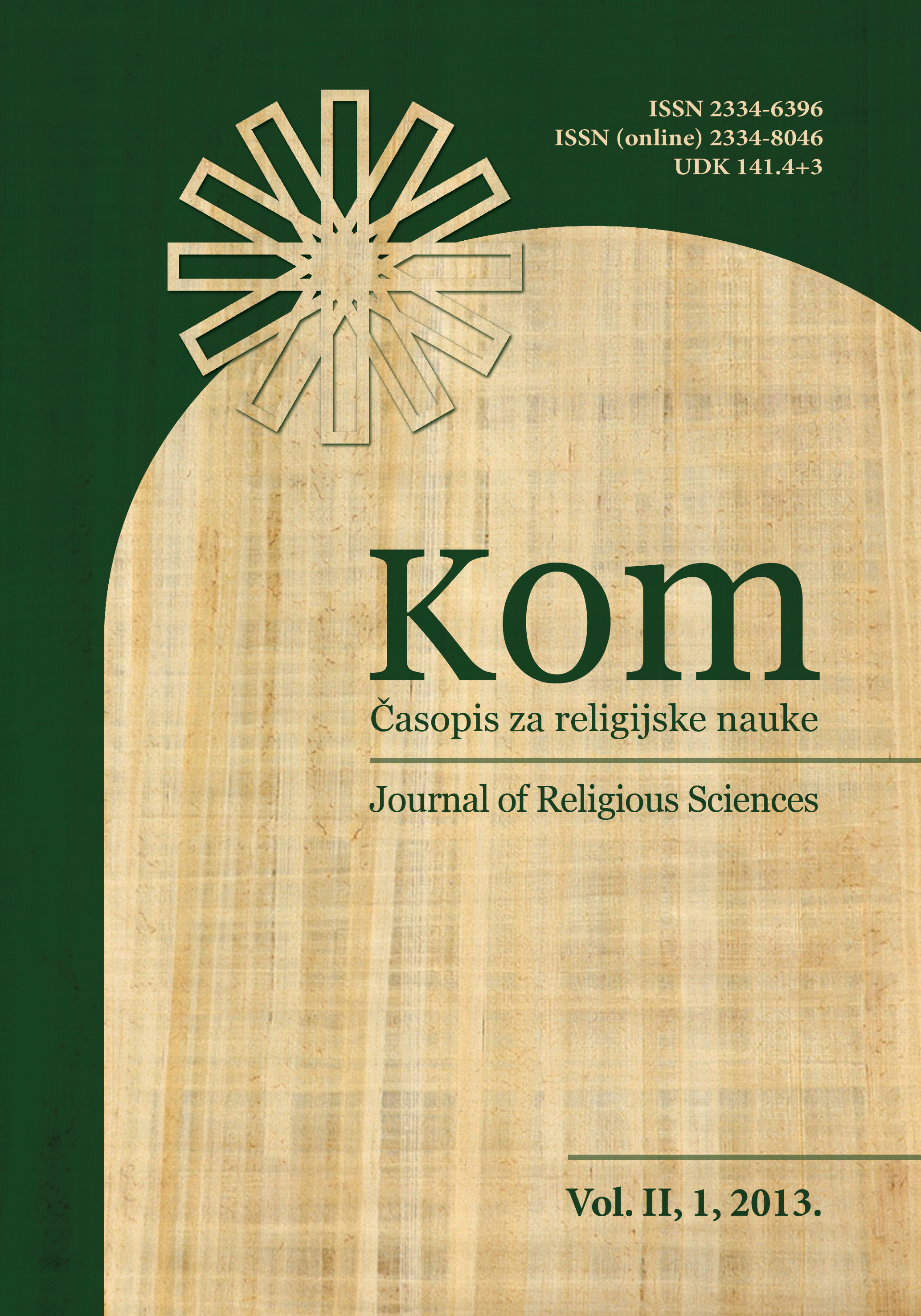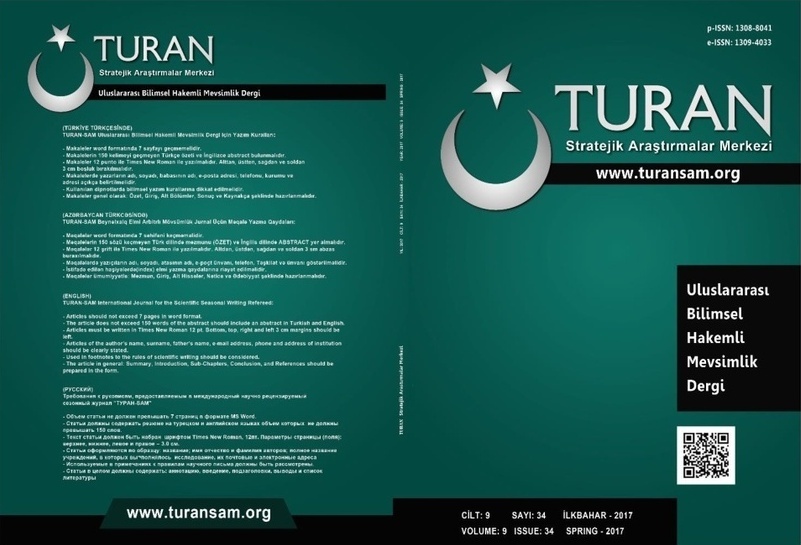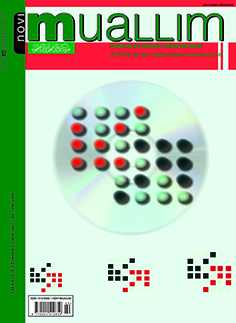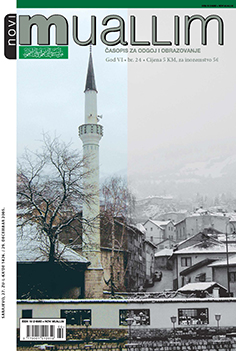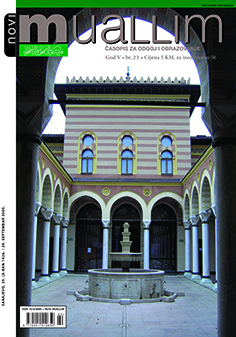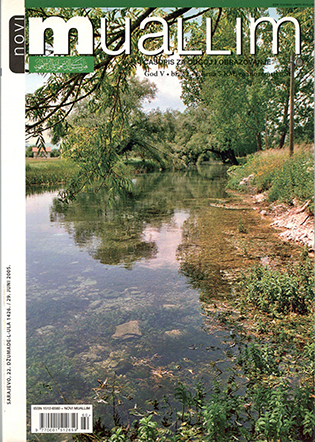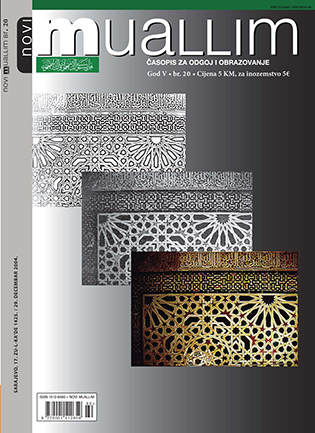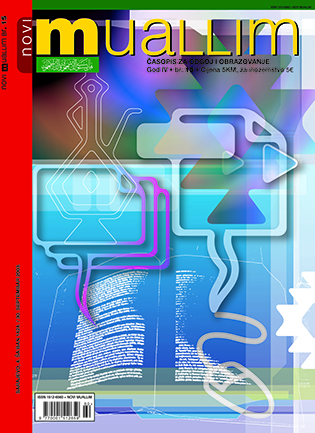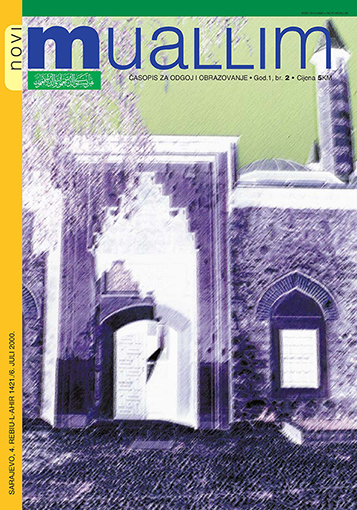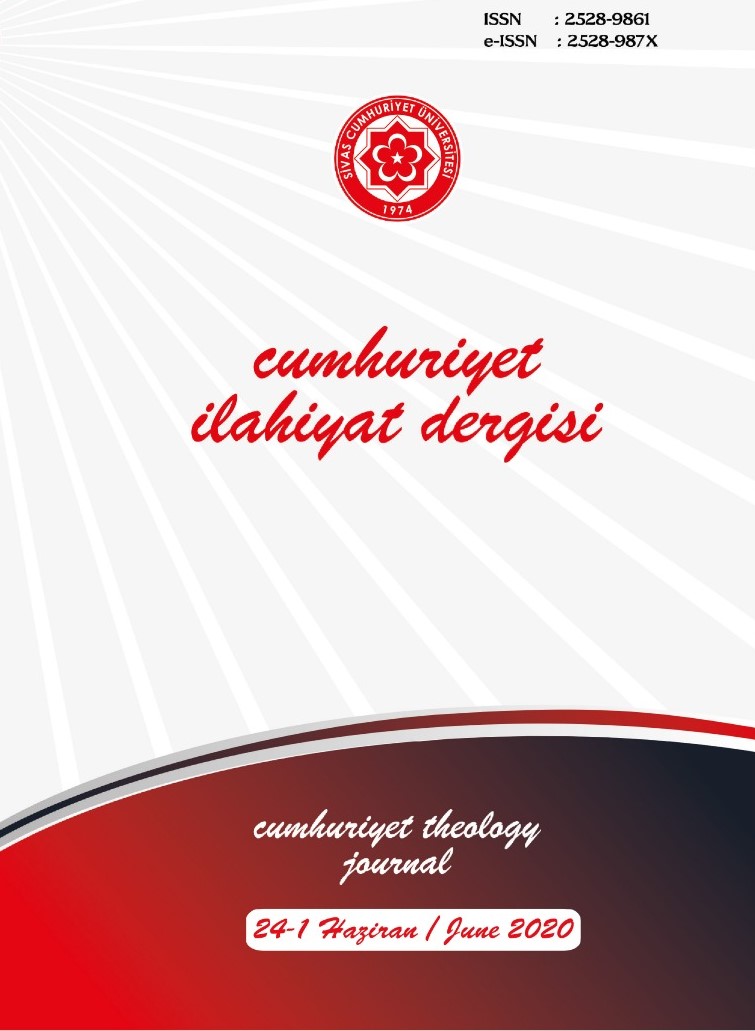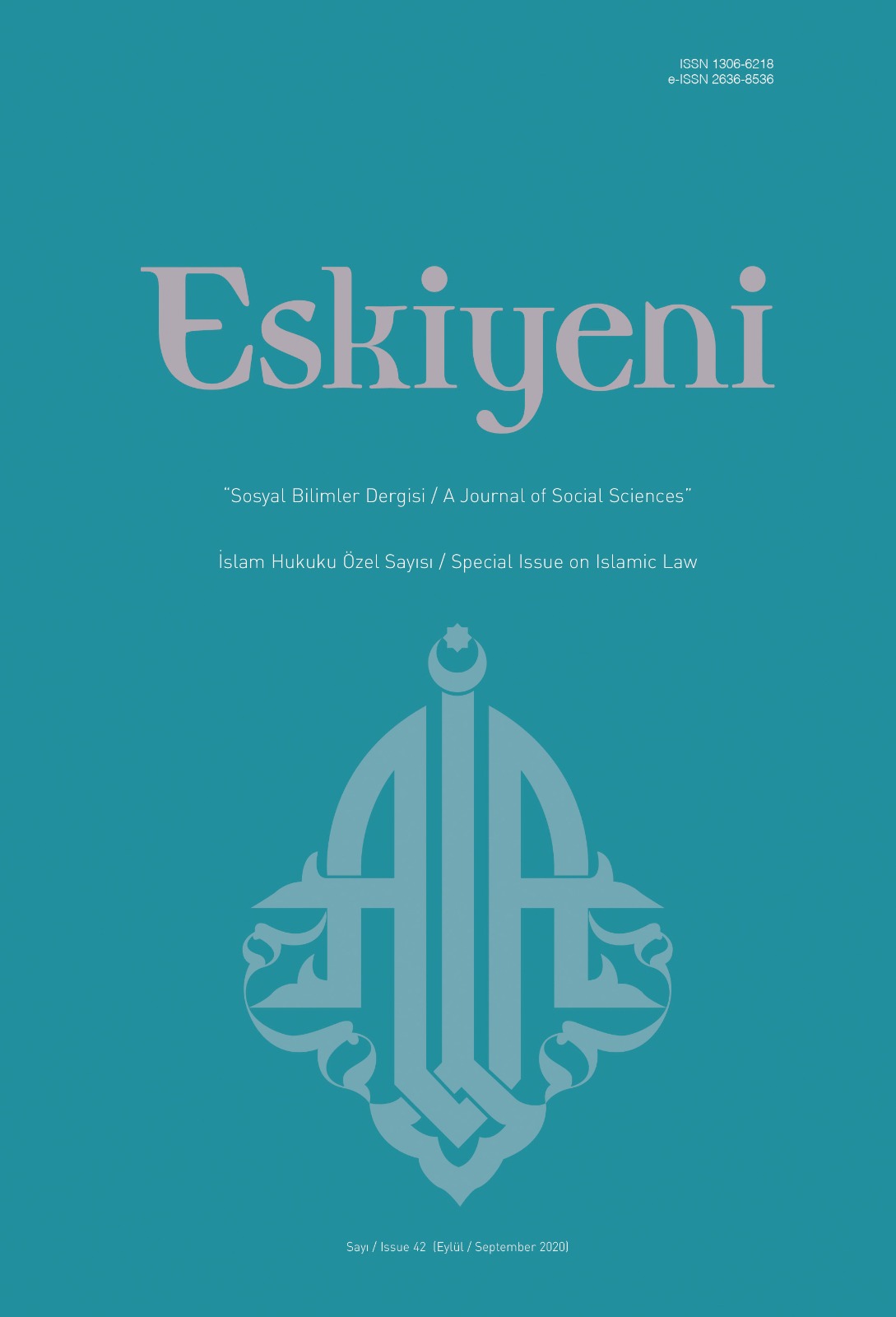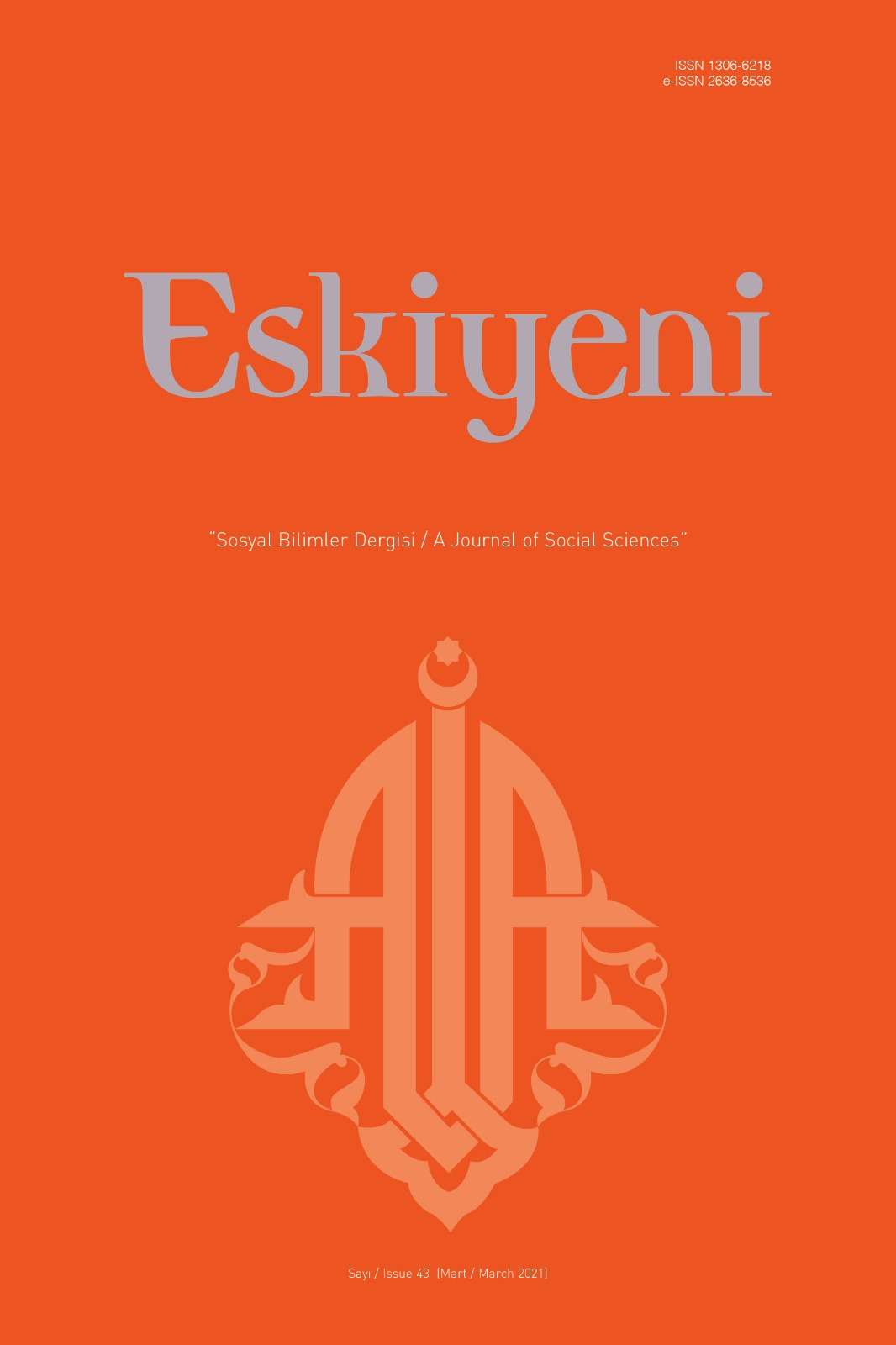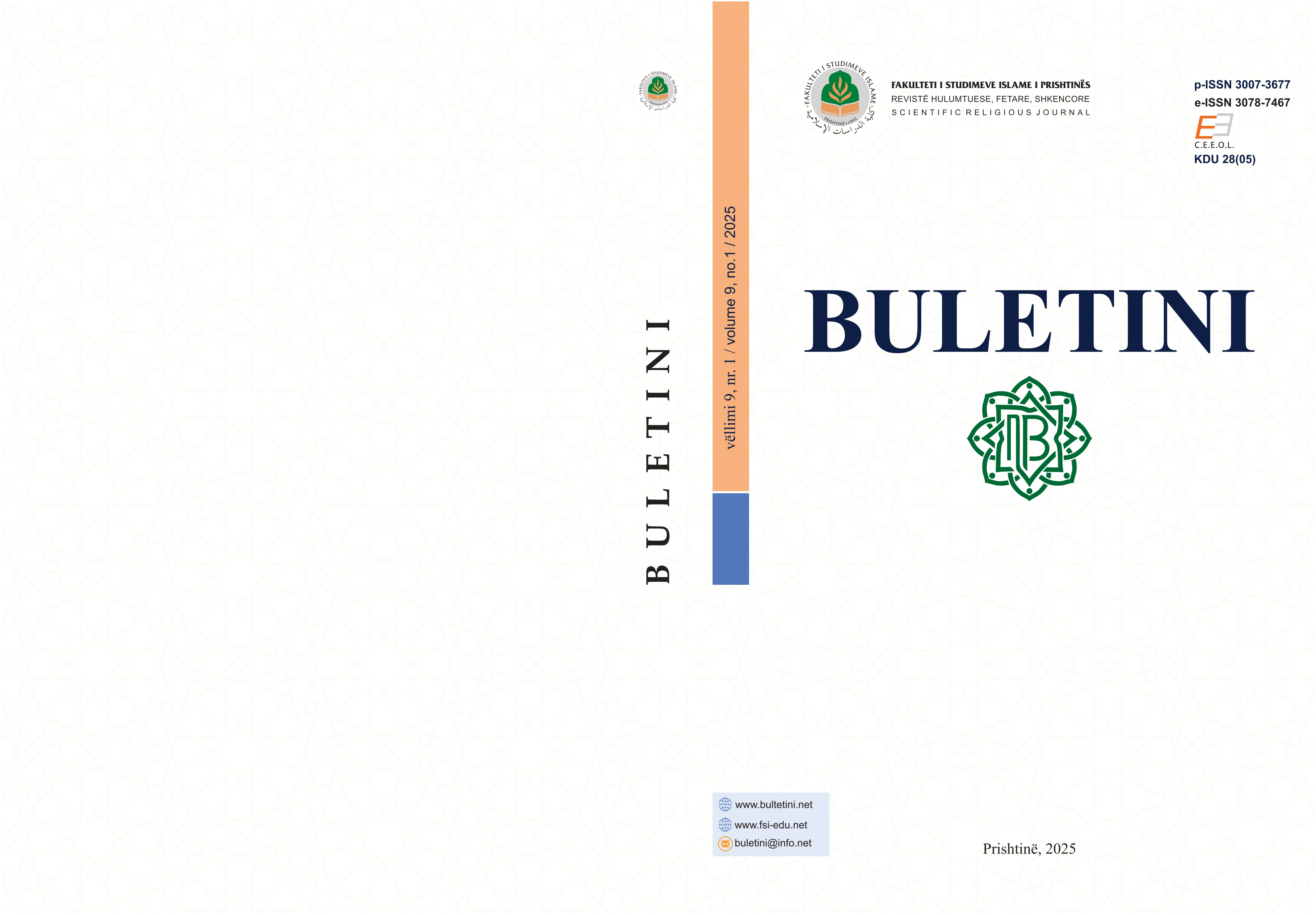Author(s): Adem Çiftci / Language(s): Turkish
Issue: 42/2020
It is possible to come across the name of Abu Hurairah in many of Islamic disciplines. Although he came to al-Madinah three years before the death of the Prophet (pbuh) he was the one who transmitted hadiths of the Prophet (pbuh) most among the companions. This was sometimes seen odd and caused some accusations. Abu Hurai responded to the criticisms made by some companions about narrating hadiths by insisting on his patience and effort for learning hadiths as follows: “I served Allah’s Messenger (pbuh) being satisfied with bare subsistence, whereas the muhajirun (immig-rants) remained busy with transactions in the bazar; while the Ansar (helpers) had been engaged in looking after their properties.” In additon, there are some reports about the Prophet’s (pbuh) appreciation for Abu Hurairah’s patience and effort and His prayer for improving his memory. Besides, some companions like ‘Abd Allah b. Omar, Zayd b. Thabit, Talha b. ‘Ubayd Allah stated that Abu Hurairah was competent and an authority in the field of hadith.
One of the disputes around Abu Hurairah is whether he was a faqīh, i.e expert in Islamic law. This issue was brought into question especially by Hanafī jurists within the context of some narrations. Some Hanafī jurists like ‘Isa b. Abân explained the nonuse of Abu Hanifa, Abu Yusuf, Zufar and Muhammad b. Hasan the musarrah and ariyyah hadith which are in conflict with the main rule/qiyas as part of that the transmisser of these hadiths, Abu Hurairah was not a faqih. They argued that the condition of being a faqih (fiqh al-rāwī) is sine qua non for using the ahad hadiths that are in conflict with the main rule/qiyas. When the issue is of concern, the jurists who adopt this opinion give example of musarrah hadith and say that musarrah ha-dith was not used since Abu Hurairah was not a faqih. However, many jurists particu-larly Abu al-Hasan al-Karkhi rejected this opinion and did not accept the condition of being a faqih. Hence, there is no view from the founder imams about the issue. Rat-her, there are some reports that they used hadiths that are in conflict with the main rule/qiyas. Further they used the first part of the musarrah hadith for dating period of the right of option. Another significant point in this issue is that Ibn Mas‘ūd who has an essential role in the formation of understanding of Hanafī school transmitted this hadith. Nevertheless, the chain of Ibn Mas‘ūd is included in Hanafi sources wit-hout mentioning the name of transmitter such as “balaghana” or “ruwiya/yurwa” and his name is never mentioned. Additionally, the tariqs of Ibn al-Omar and Anas b. Malik for the hadith of musarrah is never mentioned in Hanafi sources. Nevertheless, there are some jurists who maintained that Abu Hurairah was one of the faqīh com-panions and objected the idea that he was not a faqīh. Taking into consideration these two approaches, it seems that there is no uniformity within Hanafī school for rejecting or accepting the condition of being a faqīh.
Historical and biographical sources qualify Abu Hurariah as faqīh and mujtahid. Besi-des, Omar al-Khattab sent him to Bahrayn to deal with jurisdictional transactions and later appointed him as governor here. This shows Omar’s reliance on the competence of Abu Hurariah in the field of fiqh. Likewise, there are some fatwas (legal opinion) belong to Abu Hurairah which correspond with fatwas of leading companions or dis-sent them. Taqi al-din al-Subqi collected his fatwas under the title of Fatâwâ Abu Hurai-rah. Unfortunately this book is not extant today. In this study, we give fatwas of Abu Hurairah which we found.
In the light of this information, it is possible to make the following determinations about whether Abu Hurairah was faqīh or not:
i. Abu Hurairah was an authority in hadiths with determination of the companions.
ii. His association with the Prophet (pbuh), his continuity for His conversations and his witnessing the sunnah made Abu Hurairah have a deep tact in religious issues.
iii. There are fatwas belong to him that corresponded with fatwas of leading compa-nions like Omar b. al-Khattab, ‘Ali, Ibn Omar, Zayd b. Thabit, Ibn ‘Abbas who were well-known for having a deep understanding in fiqh or dissented them.
iv. The argument that the founder imams of Hanafī school did not accept some transmissons of Abu Hurairah due to not being a faqīh is not accepted by all of Hanafī scholars. Thus, there is not a uniformity in the school about this issue.
v. His responses and fatwas for issues related to fiqh support that he was a faqīh.
vi. It should be noted that he can not be compared with the leading faqīhs of the companions such Omar b. al-Khattab, ‘Ali, Ibn Omar, Aisah and Ibn Masʿūd in terms of competence in fiqh.
More...
